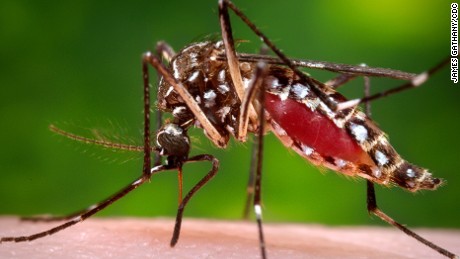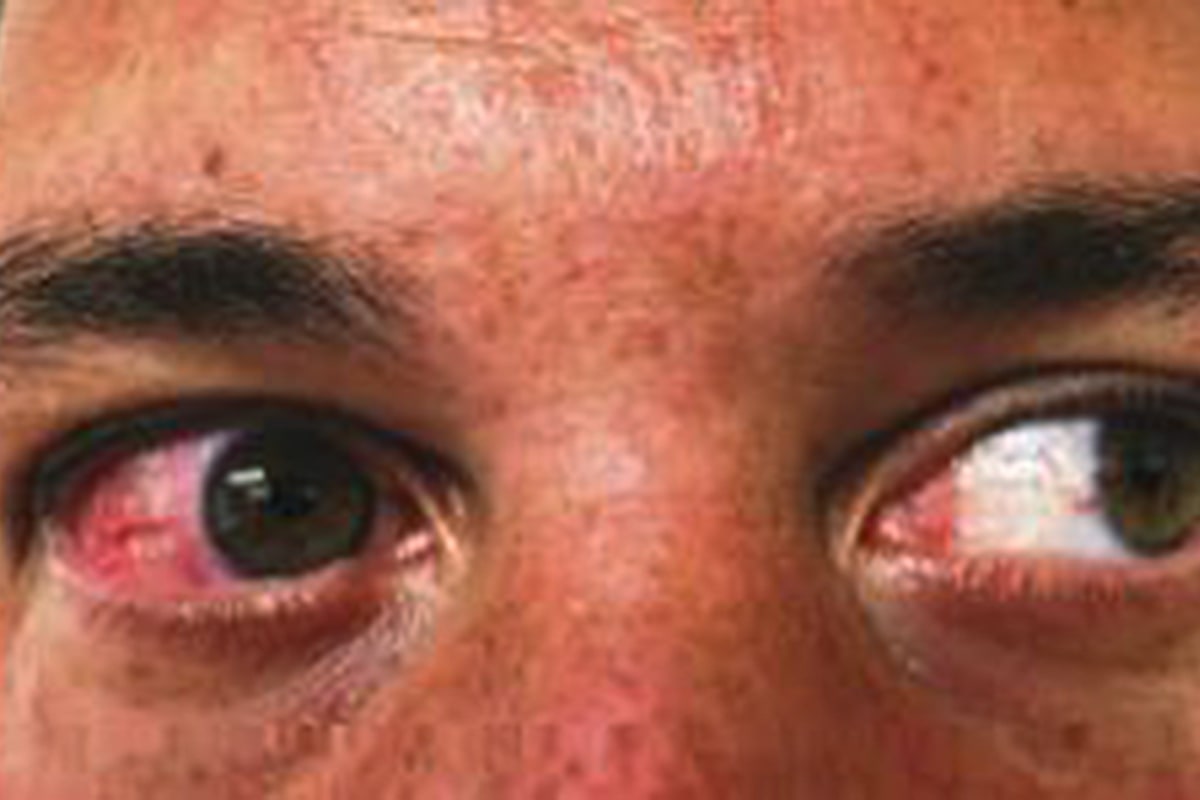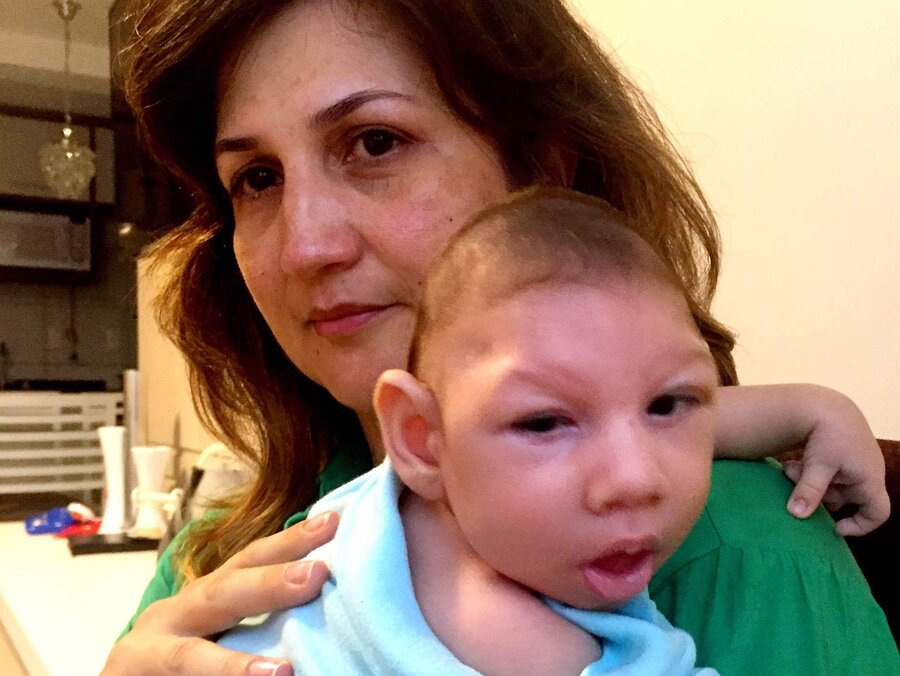Zika
is a virus that is primarily spread by the bite of an infected mosquito. Most
specifically the Aedes mosquito will bite an infected person, which leads to
the mosquito becoming infected thus rendering any other person it bites as
infected.
The virus can also be spread by infected pregnant mothers to their
fetuses. Zika can also be passed through sex with an infected partner. Some
studies have also found the virus in the blood, urine, eye fluid, and saliva of
an infected person. Zika was originally found in Africa, but has spread around
the globe due to natural disasters and travel from businessmen and
businesswomen, doctors, and mission workers. The Center for Disease Control has
listed 44 countries where the virus has spread. These countries include America
Soma, Argentina, Aruba, Belize, Bolivia, Brazil, Cayman Islands, Columbia,
Cuba, Dominican Republic, Ecuador, Fiji, Guatemala, Haiti, Indonesia, Jamaica,
Mexico, Panama, Peru, Philippians, Puerto Rico, Singapore, Venezuela, and
Vietnam, among others. These counties all share a similar humid climate, which
leads to a rise in mosquitoes. People infected with the Zika virus have been
found in other countries like the United State but they all were infected in
one of the countries on the list. A blood test is needed to find out if a
person has been infected with the Zika virus. Doctors tend to only test those with
the symptoms of Zika, and that have traveled to a country on the list of places
where the virus has spread to avoid a large amount of blood samples backing up
labs. The symptoms related to Zika are fever, red eyes, joint pain, and a rash.
Headaches and muscle pain are symptoms as well. The dangerous thing about Zika is
that these symptoms do not always appear in those infected.
Women who have
traveled to an infected area should wait eight weeks before trying to conceive a
child. Men who have traveled to an infected area should wait six months before
trying to make a baby. Pregnant women should not travel to any area that the
virus can be found. These precautions are due to the dangerous effects the Zika
virus does to babies of Zika having mothers. Babies born to mothers that had
Zika are found to have microcephaly, which is a disease that stunts the head
growth in babies. This stunted head growth can also lead to fetal brain damage.
Microcephaly can also lead to miscarriages or stillbirths.
Congenital Zika syndrome
can also happen to babies born to mothers with Zika. This syndrome is the birth
defects of damage to the back of the eye, too much muscle tone, decrease
calcium deposits in the brain, and limited range of joints. The preventions for
Zika are to apply insect repellant, rid all standing water in and around homes
to decrease places where mosquitoes can lay eggs, and to place screens in doors
and windows to prevent mosquitoes from entering the home. People should also avoid
travel to places where Zika is prevalent especially if the person is pregnant. There
is no vaccine for Zika yet, so the treatments for the disease are a combination
of fluids to prevent dehydration and taking drugs for the fever and pain. The
Zika virus tends to run its course in a week.
 |
| http://i2.cdn.cnn.com/cnnnext/dam/assets/150731180818-aedes-aegypti-large-169.jpg |
 |
| http://media2.s-nbcnews.com/j/newscms/2016_19/1533076/1160511-zika-dermatology-mn-1135_4c9e8f50e72cd9de9ec013db3b7e11ee.nbcnews-fp-1200-800.jpg |
 |
| http://media.npr.org/assets/img/2016/01/19/img_4086-2a3a5f0f573a8760561ef08e1d5b466b49acfe5d-s900-c85.jpeg |
Sources: